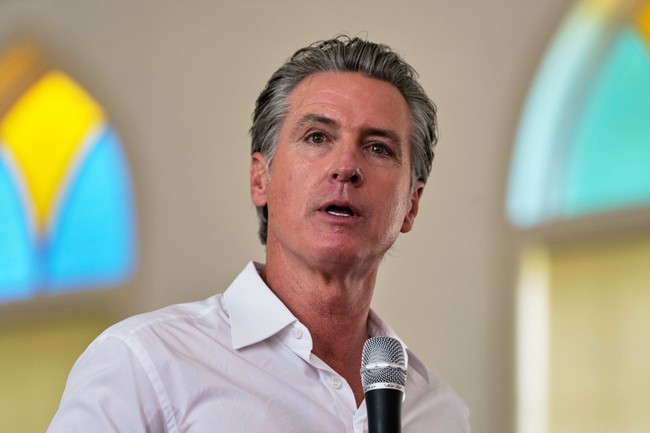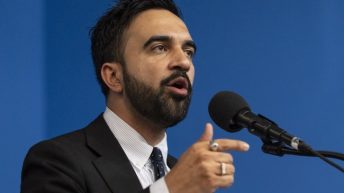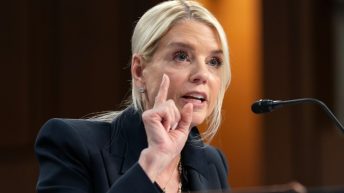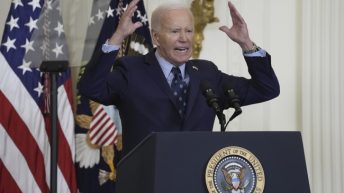This article covers the DOJ’s decision to send federal election monitors to California ahead of the Nov. 4 special election on Proposition 50, Governor Gavin Newsom’s reaction and accusations of voter intimidation, California Attorney General Rob Bonta’s comments, the responses from Republican officials including Harmeet Dhillon, and concerns about Prop 50’s impact on redistricting and election integrity.
The Department of Justice announced it will dispatch observers to monitor polling sites in several California counties for the upcoming special election on Proposition 50. Republicans requested the federal presence to ensure transparency and compliance with federal election law, and the move drew immediate pushback from state Democrats who framed it as interference. That reaction set the stage for a predictable clash between state officials and federal monitors over who gets to decide whether voters can trust the process.
California Attorney General Rob Bonta accused Republicans and former President Trump of trying to “sow seeds of doubt” about the election by bringing in monitors, and he warned the activity could be a setup for broader attacks on future elections. Bonta insisted observers “are not going to be allowed to interfere in ways that the law prohibits” and said, “We cannot be naive. The Republican Party asked for the U.S. DOJ to come in.” His tone suggested a readiness to treat federal oversight as a political threat rather than a check on process.
Governor Gavin Newsom quickly declared the DOJ action “a bridge too far,” calling the presence of monitors an attempt at voter “suppression” and an intimidation tactic. That language is strong theater meant to rally the Democratic base, but it also downplays a basic reality: independent observation is a routine tool for ensuring ballots are handled lawfully. Calling transparency a threat undermines public confidence more than it protects it.
Republican voices pushed back hard. Harmeet Dhillon, Assistant Attorney General for Civil Rights, reacted on social media with blunt disbelief, writing, “I thought this was a joke, so I didn’t comment…. But apparently irony is dead …” Her post captured the conservative view that federal monitors, especially at the invitation of state GOP parties, are a reasonable safeguard against irregularities and a response to growing voter concerns. The reaction underscored a deep partisan split over what constitutes legitimate oversight.
The DOJ plans to monitor polling locations in several California counties after Republican requests, mirroring a decision to observe sites in New Jersey. Federal officials said the goal is “to ensure transparency, ballot security, and compliance with federal law,” language aimed at calming nerves on both sides. For Republicans, that wording acknowledges a basic obligation of government: to make sure elections are fair and that federal standards are met.
Critics of the monitors claim the federal presence will intimidate voters, but observers are not new and do not control ballots or decide outcomes. When handled correctly, monitoring provides verification that procedures are followed and that chain-of-custody and access rules are respected. If state officials are confident in their processes, they should welcome an extra pair of eyes that confirms everything was done right.
Prop 50 sits at the heart of this dispute because its approval would change how congressional maps are drawn in California, effectively returning control to state lawmakers who have already shifted district lines in ways critics say favor Democrats. Republicans argue Prop 50 would cement partisan gerrymandering and reduce competitive districts, making objective oversight at the polls even more important. That structural change raises stakes for voters who care about fairness in representation, not just single-election outcomes.
Democratic officials positioned the DOJ monitors as a threat to turnout and a political ploy, but that framing risks normalizing secrecy around how ballots are handled. Transparency reduces the opportunities for doubt to take root, while theatrics about intimidation feed distrust when there is no evidence of unlawful conduct. The better path is to welcome scrutiny and use facts, not fear, to make the case to voters.
Observers and monitors can only report and document; they do not replace local election officials or disenfranchise voters. Republicans have repeatedly asked for oversight in areas where they say procedures need verification, and federal monitoring at request of a party is an established remedy. The dispute should focus on concrete steps to ensure ballot security, clear rules for observer conduct, and rapid remedies if violations are documented.
The conversation will continue through the election and likely into legal challenges if either side claims misconduct. For conservatives concerned about fair maps and clean elections, the presence of federal monitors is a necessary check rather than a provocation. If officials on all sides stick to transparency and the rule of law, voters get clarity, not chaos.





Add comment